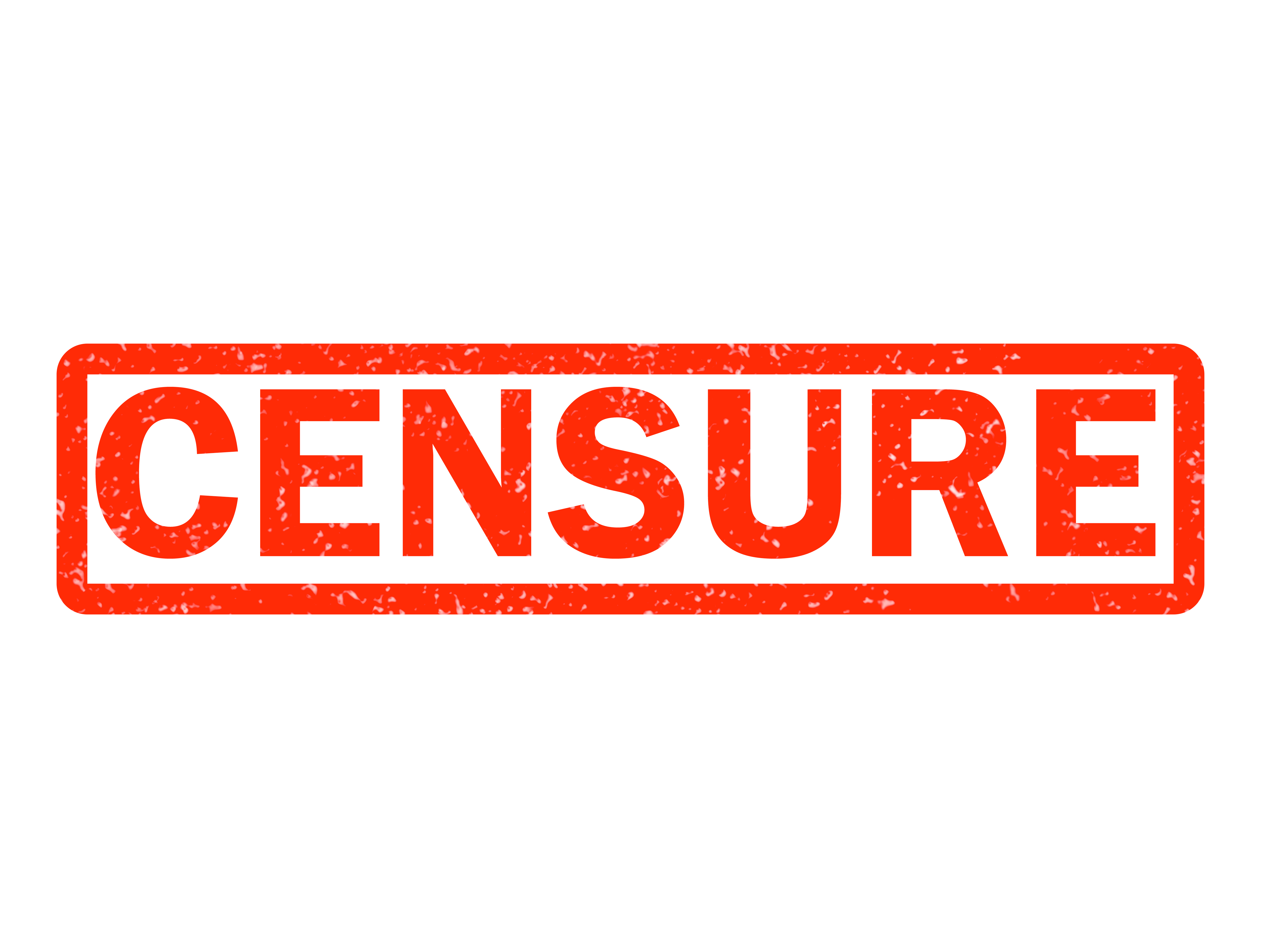Not satisfied with private censure, New York lawyer sues and gets public punishment

Photo by theerakit / Shutterstock.com.
A New York City lawyer who refused to accept a private censure for secretly recording a court hearing in his divorce made matters worse when he sued the Attorney Grievance Committee.
Now the lawyer, David Evan Schorr, has agreed to accept a public censure, the New York Law Journal reports. The New York Appellate Division for the First Judicial Department accepted the proposed censure in an opinion on Tuesday, according to the Legal Profession Blog.
Schorr’s suit had alleged disciplinary officials retaliated against him by reopening their investigation after he rejected the private censure. A federal judge tossed the suit, and the 2nd U.S. Circuit Court of Appeals at New York affirmed last year, saying Schorr had failed to plausibly allege any facts showing bad faith.
The Attorney Grievance Committee relied on the 2nd Circuit’s findings regarding the unauthorized recording and found that Schorr had violated an ethics rule barring conduct prejudicial to the administration of justice. Schorr and the committee then jointly moved for the public censure.
The state appeals court agreed to the public censure in an opinion that outlined aggravating factors stemming from the divorce. They included:
• Schorr had accused the divorce judge, her law secretary and a court officer of perjury when they denied an assault. According to this opinion, Schorr had alleged the court officer lunged at him in October 2013 to provoke a reaction and instigate his arrest.
• Schorr had filed a meritless suit against a court-appointed psychologist in the divorce case. According to previous coverage, Schorr had alleged the psychologist defamed him by recommending a reduction in visitation for being unable to handle his son. Schorr had told a reporter that the recommendation stemmed from his refusal to give in to his son’s temper tantrum when he learned they weren’t going to have dinner at McDonald’s.
• Schorr had set up websites disparaging the opposing counsel by accusing him of lying under oath.
There also were mitigating factors. Schorr had no previous disciplinary history, the divorce litigation caused emotional strain that was made worse by the death of Schorr’s father, and he had limited practice experience when the conduct occurred. He also has belatedly acknowledged that his unauthorized recording was wrong.
Schorr now represents people in domestic relations cases, and “he has shown himself to be a sober and reasonable advocate, eschewing rather than creating conflict,” the New York appeals court added. He has represented several clients pro bono, and he “has demonstrated great patience and dedication toward these clients.”
Schorr told the New York Law Journal that the appeals court’s “two very large paragraphs” on mitigating factors indicate they were given more weight by the panel than the aggravating factors. He also pointed out that he was found to have violated a broader misconduct rule regarding conduct prejudicial to the administration of justice rather than a rule addressing unauthorized recording.
“That ought to tell you something,” he said.
Write a letter to the editor, share a story tip or update, or report an error.


